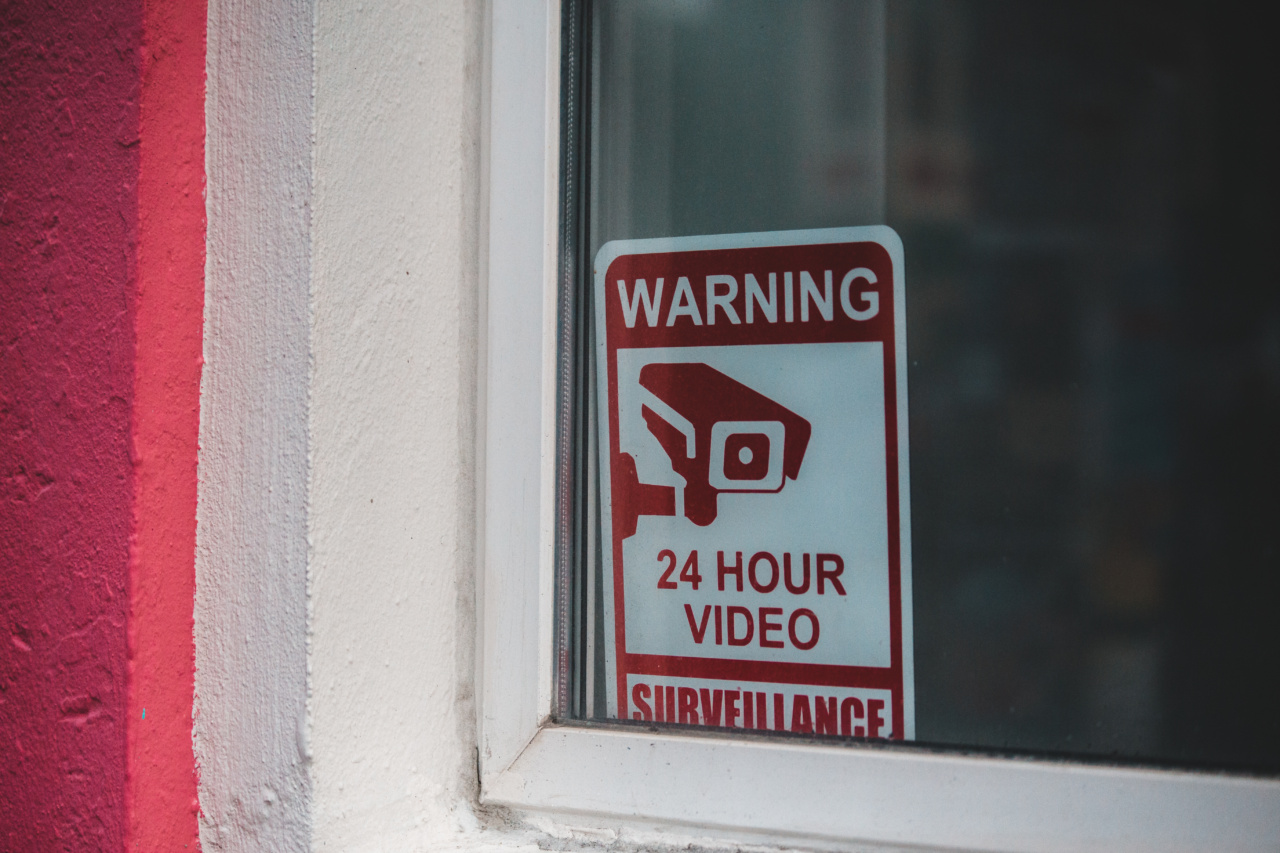Iron is an essential mineral that plays a vital role in carrying oxygen throughout the body. A deficiency of iron can lead to various health issues and should not be taken lightly.
In this video, we will explore the signs of low iron and how it affects your overall well-being.
1. Fatigue and Weakness
One of the most common signs of low iron is fatigue and weakness. Iron is necessary for the production of hemoglobin, a protein in red blood cells that carries oxygen to the body’s tissues.
When iron levels are low, there is inadequate oxygen transport, leading to feelings of exhaustion and a lack of energy.
2. Pale Skin and Brittle Nails
Iron deficiency can also manifest in physical changes such as pale skin and brittle nails. Hemoglobin gives blood its red color, so low levels of iron can result in paleness.
Additionally, iron deficiency can cause brittle and spoon-shaped nails, making them more prone to breakage.
3. Shortness of Breath
Without sufficient iron, the body struggles to receive enough oxygen. This can lead to shortness of breath, even with minimal physical activity. If you find yourself gasping for air or feeling winded more easily, it may be a sign of low iron levels.
4. Dizziness and Headaches
Iron deficiency can cause dizziness and frequent headaches. When the brain does not receive an adequate oxygen supply, it can lead to lightheadedness and a sensation of spinning.
Headaches may also be attributed to reduced oxygen flow, resulting in discomfort.
5. Cold Hands and Feet
Low iron levels can contribute to poor circulation, leading to cold hands and feet. Iron is crucial for maintaining healthy blood vessels, which play a vital role in regulating body temperature.
If you frequently experience cold extremities, it may indicate a deficiency in iron.
6. Restless Leg Syndrome
Restless Leg Syndrome (RLS) is characterized by an uncontrollable urge to move the legs, often accompanied by uncomfortable sensations.
Iron deficiency has been linked to RLS, and research suggests that increasing iron levels may help alleviate symptoms. If you frequently experience restless legs, it is worth considering iron levels as a potential cause.
7. Unusual Cravings
People with low iron levels sometimes experience unusual cravings, a condition called pica. Craving non-food items like ice, dirt, or clay may indicate an iron deficiency.
If you find yourself regularly yearning for unusual substances, it is essential to consult a healthcare professional to investigate the root cause.
8. Weakened Immune System
Iron is crucial for a robust immune system. It plays a role in the production of immune cells, such as T-cells, which are essential for fighting off infections and diseases.
Low iron levels can weaken the immune system, making individuals more susceptible to illnesses and prolonging recovery time.
9. Heart Palpitations
In some cases, low iron levels may result in heart palpitations or a rapid heartbeat. Without sufficient iron, the heart has to work harder to pump oxygenated blood throughout the body.
This can lead to irregular heart rhythms or the sensation of a racing heart.
10. Hair Loss
Iron deficiency can contribute to hair loss, causing strands to become brittle and fall out more easily. Iron is necessary for healthy hair growth as it supplies oxygen and nutrients to the hair follicles.
If you notice an increase in hair shedding or thinning, it is prudent to investigate your iron levels.




























